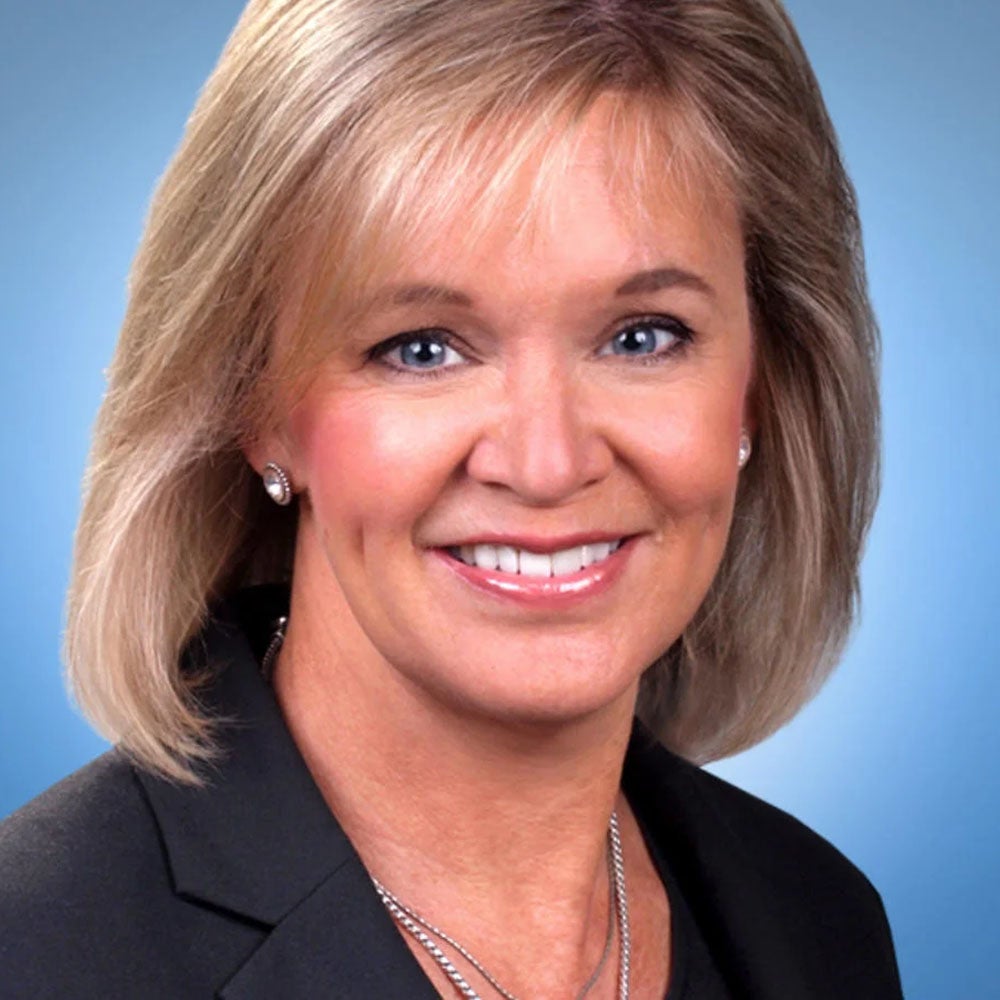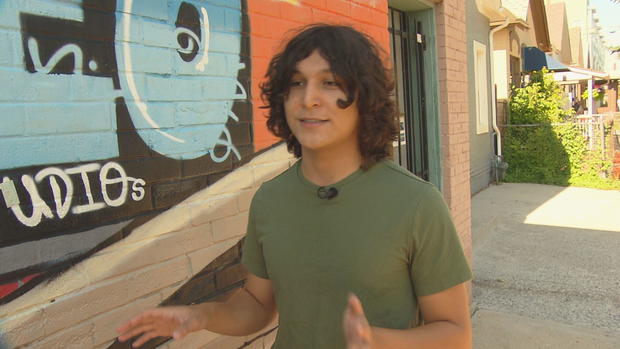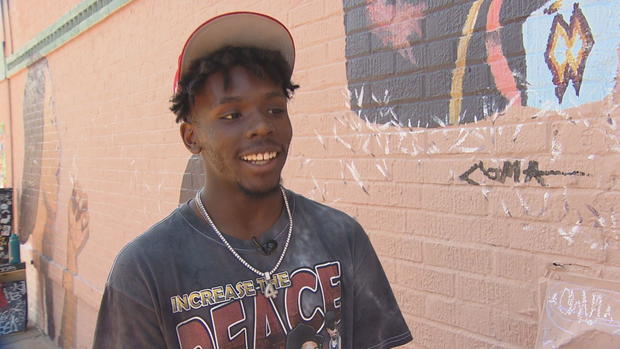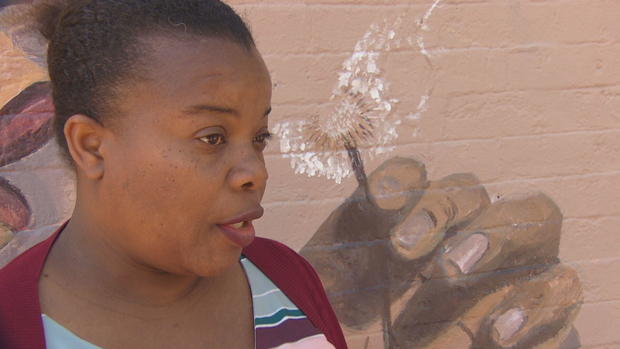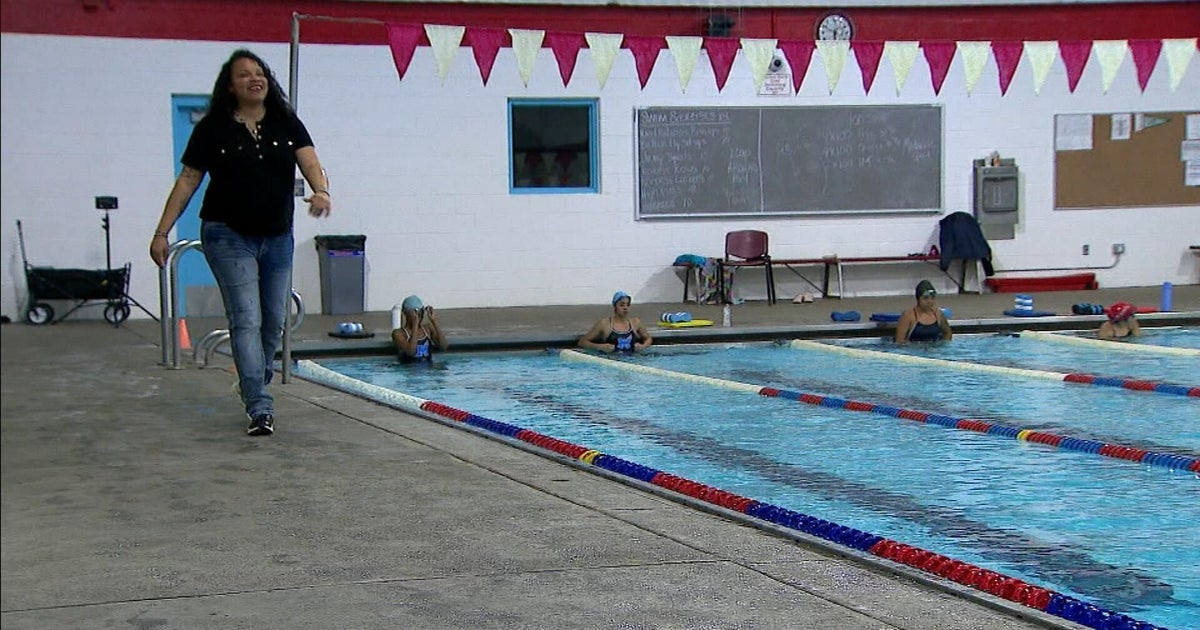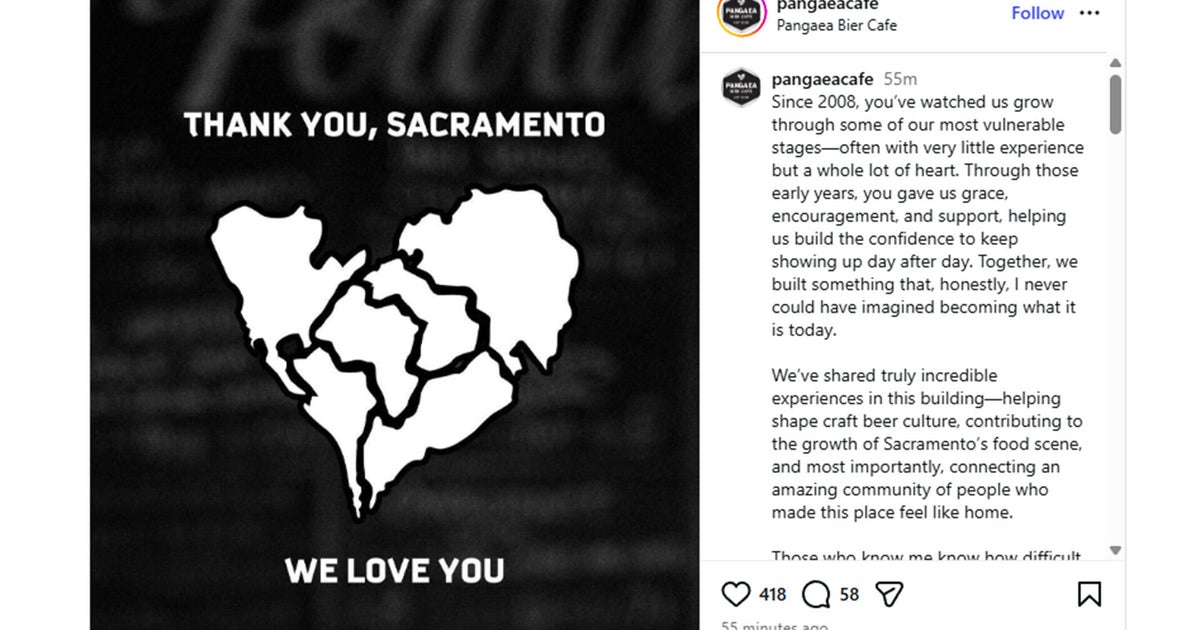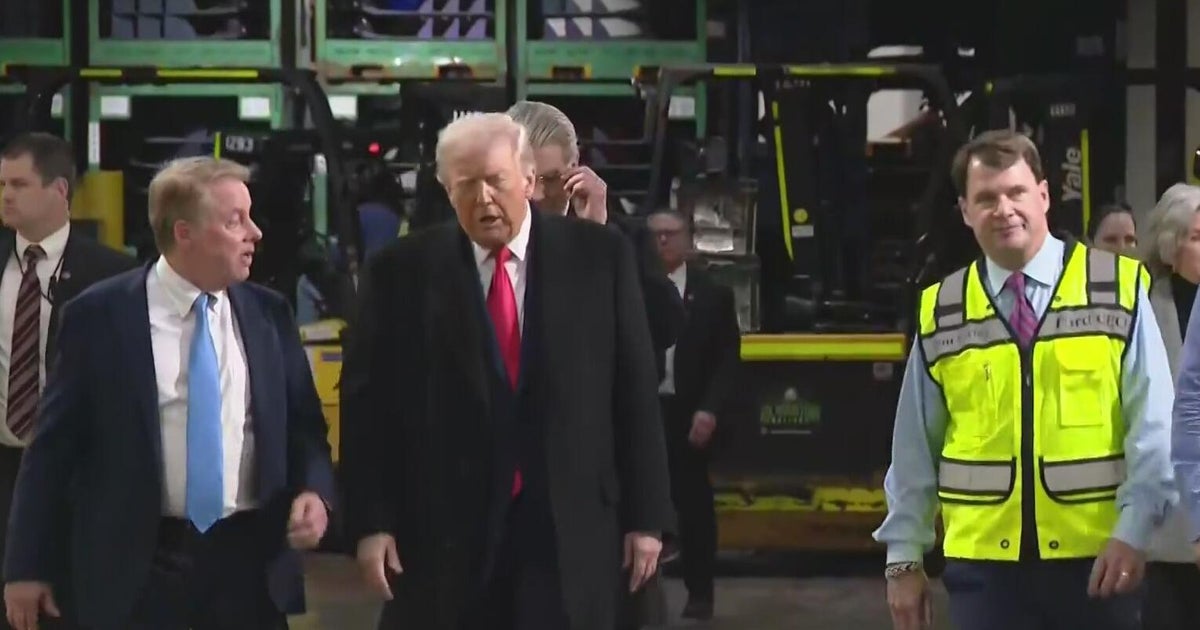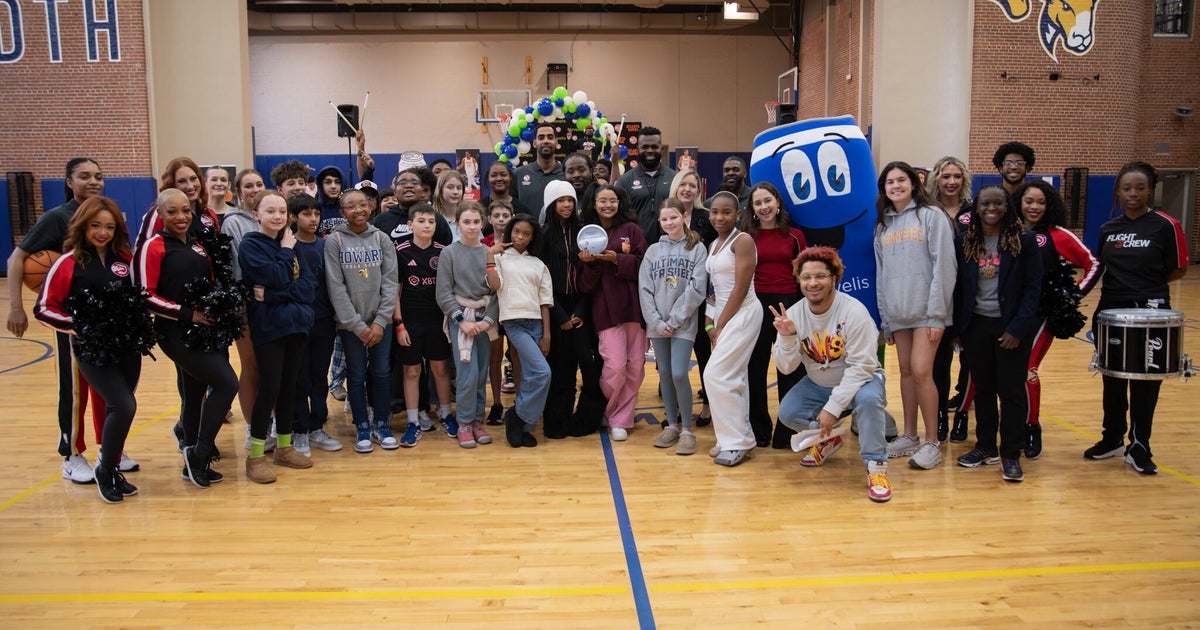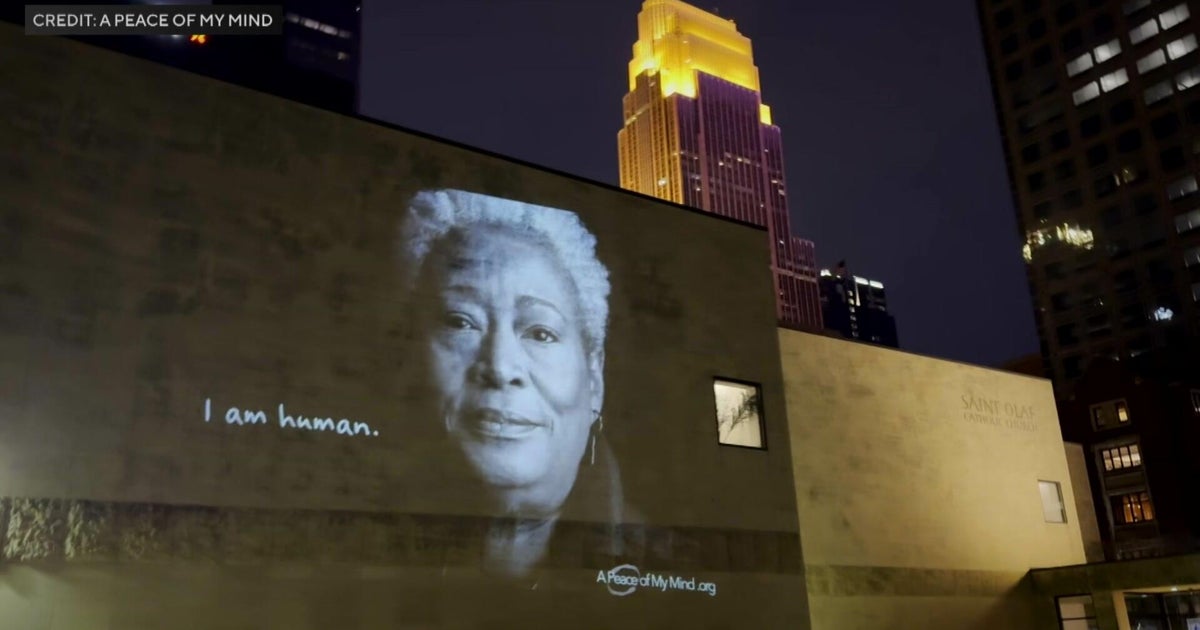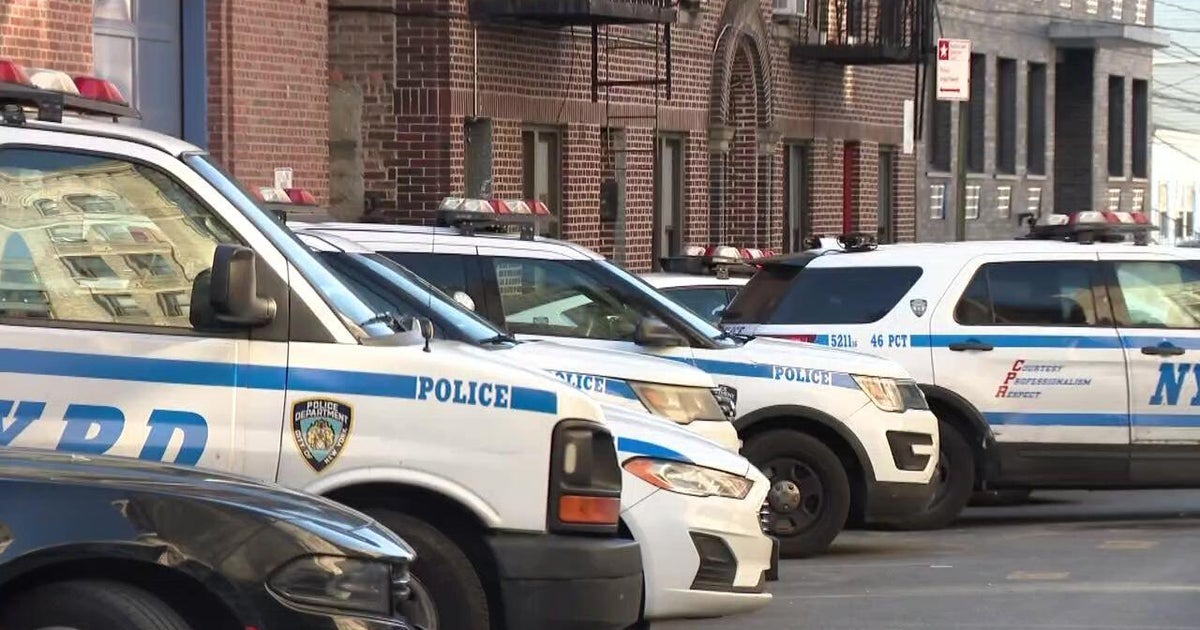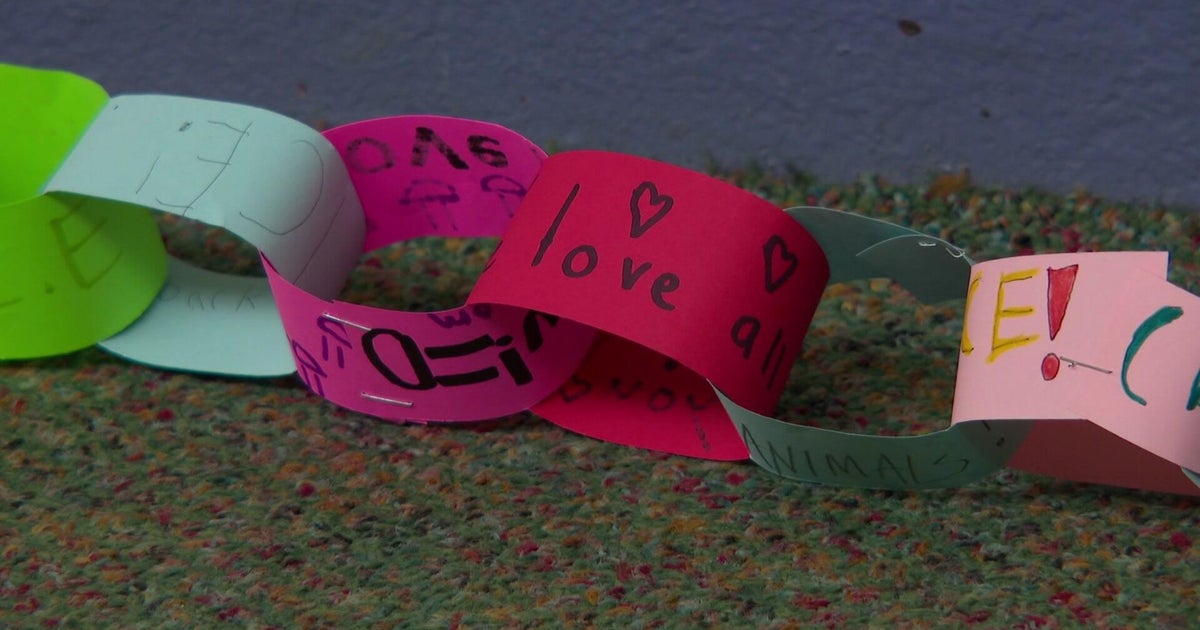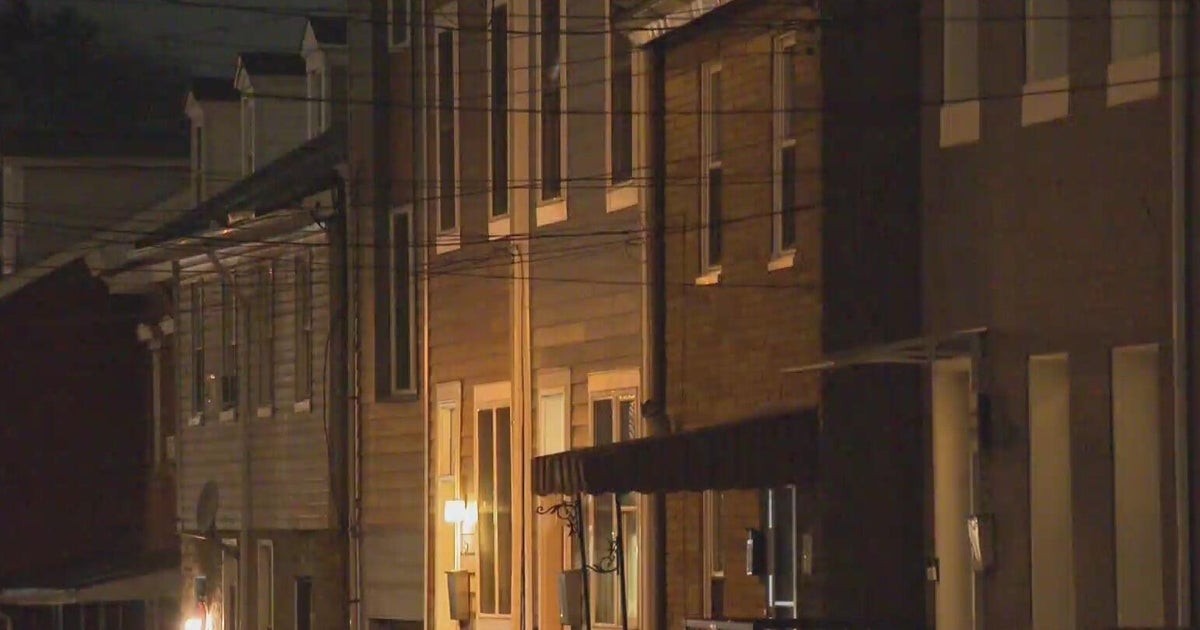Student exchange program aims to open minds and close the political divide in Colorado and beyond
A first-of-its-kind student exchange program may help bridge the nation's growing political divide.
The American Exchange Project connects kids from red states with kids from blue states in hopes of breaking down stereotypes and building understanding.
"I've never talked to conservative people because Berkley and Albany, where I live, it's very, very liberal," says Teo Mendoza-Ayduk.
He's among four teenagers in Denver for the project, which allows kids from very different states to visit communities very different than their own, geographically, politically, and culturally to share experiences and challenge existing beliefs.
Born and raised in California, Mendoza-Ayduk admits he thought all conservatives were the same: "Guns, no abortions, racist, super homophobic, sexist."
But he learned Tre Williams, from conservative-leaning Arkansas, is nothing like that.
The students also learned about West Denver's Chicano history and Colorado's unpredictable weather, when they went hiking on a sunny morning only to be caught in hail by the afternoon.
"My favorite experience was hiking," says Williams. "It was my first time and I actually enjoyed it. I enjoyed it a lot."
Along the way, they learned they have more in common than they thought.
"We all just get along. We all have so much in common and even if we don't, we all can relate to little bits of something and then share our own experience," says Mendoza-Ayduk.
Camay Hunter, a Denver Public Schools math teacher, played host for the week that she hopes will have a lifelong impact.
"Whether they go on to college or the work world, that they will begin to share ideas that will help people integrate better in their ideologies -- understand perspectives from other people. Being closed-minded is one of the worst places to be as a human being."
Nearly 500 students from more than 34 states -- including Colorado -- have participated in the weeklong exchange since it started four years ago. It's funded entirely by donations and is free to students who participate.
